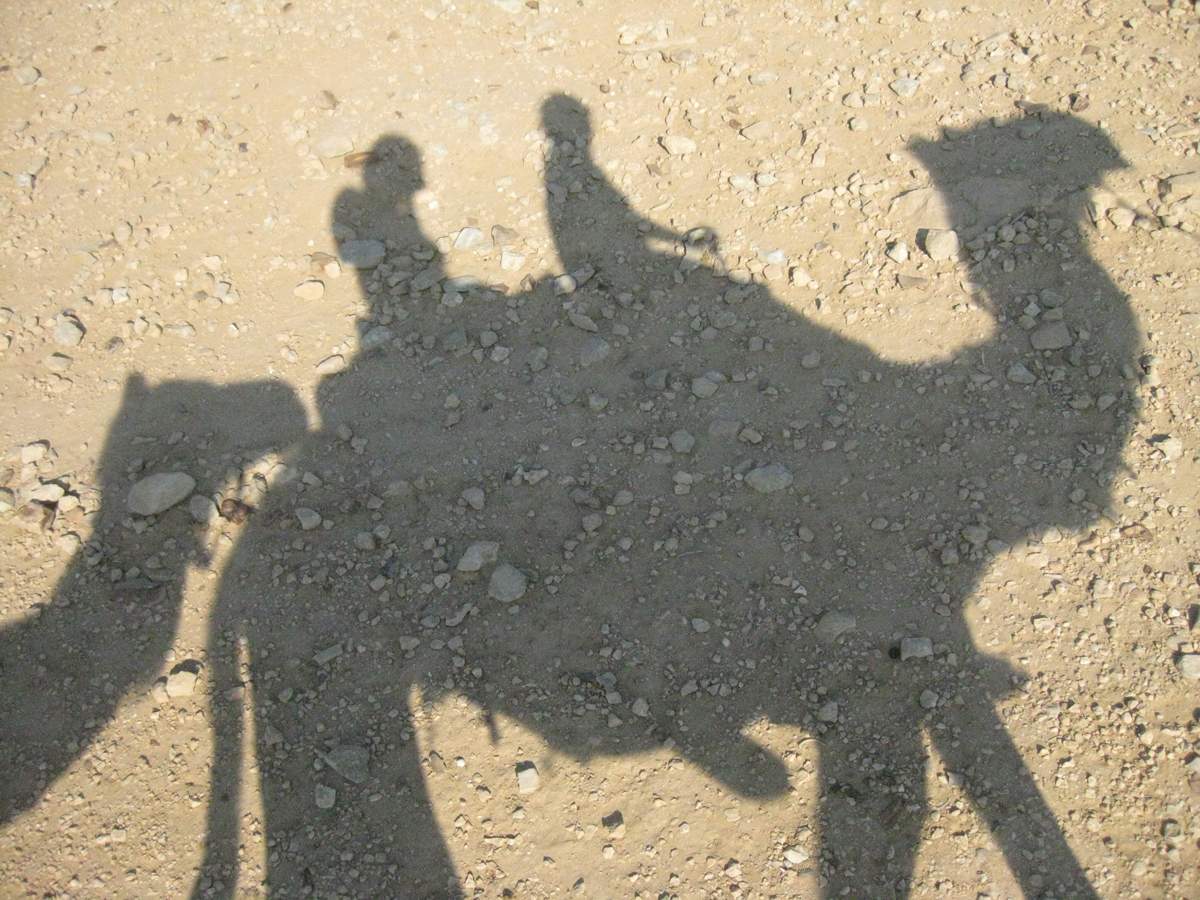When I heard that Birthright Israel cancelled meetings between participants on their trips and Israeli Arabs, I was deeply disappointed. As an Israeli, I want people to get the fullest, most nuanced view of my country, and make up their own minds about the divisive political landscape.
But when the Reform movement called Birthright’s decision “out of touch,” I got to thinking, is it really?
Perhaps it is out of touch with the heartbeat of modern day, progressive American Jews, who want to espouse a more social justice lens towards Israel. But it is not out of touch with how a lot of us, as Jews and non-Jews, live in our neighborhoods and travel the world.
I think of my own highly sanitized experience of growing up as an Israeli. Living in a big city, Israeli Arabs would sometimes fill my drug prescriptions, or serve me food, but mostly, through school and my daily life, I got a very clean, very censored experience of the complex political reality of my country. It wasn’t until my late teens when I realized how truly complex the realities of my country was, and the deep injustices in its society.
In a sense, it’s that experience Birthright appears to be peddling, and what many Israelis would consider a common experience of their country, whether they would admit to it or not: one where our knowledge and interactions with our Arab-Israeli neighbors are superficial at best and non-existent at worse. Israeli Jews don’t have many, if any, Arab friends. I know my life in Israel had very few such encounters.
While a great many Israelis speak English at a conversational level, a recent study from 2015 puts the numbers of Israeli Jews who speak Arabic fluently at about 10%. I, myself, am part of that majority. That language skill is just not valued among Israeli Jews. By contrast, most Israeli Arabs do speak Hebrew — they have to, to be able to work and advance in Israeli society.
The experience of the Jewish majority in Israel is a privileged existence. And yet, so is the white experience of living in America. In many ways, we travel from one safe space to another. I now live in Brooklyn and I feel myself constantly moving in that trajectory. From the local hipster restaurant to the corner bodega, my experience of my diverse neighborhood feels very privileged, sheltered and white. While I may have shallow interactions with my neighbors at these places, I’m not really engaging with my local community, which is over 40% African American.
I’m not immersing myself in my local community because I just… have too much going on? It’s a lame excuse. An excuse we use when we go on vacation, too, when we don’t acquaint ourselves with the local community. We go from one comfortable and hermetic experience to the next; after all, we’re here to relax.
In a way, by cancelling its meetings with Israeli Arabs, Birthright is replicating an authentic experience, one that shelters our lives from discomfort and conflict, and lets us leisurely enjoy the places we go to while remaining blind to the deep societal and political problems that plague them.
And I truly believe that is deeply wrong. But we also have to understand that when we go on Birthright, our experience is often directed and sanitized, even with Arab-Israeli encounters. We must remember that while a free trip is wonderful, it does come with a price.
When I was a soldier in the IDF, I had the opportunity to go on Birthright. I didn’t. My best friend went three or four times during her service, and she had a blast. It’s hard for me to explain why I didn’t want to go. After all, it would’ve have meant getting days off from my very stressful army work to travel my very beautiful country, but I really didn’t want to. At the time, I was a teen, and depressed, and having a hard time. Social situations made me anxious (they still do). But I don’t think that’s all it was. The truth is, as a soldier, I would be representing my country, and I felt I would, in some ways, have to sugarcoat my experience. I was having a hard time grappling with how I felt about Israel at the time, feeling less and less patriotic. I didn’t want to get myself into trouble. I knew that in some way, I’d feel obligated to show a clean-cut version of myself.
Birthright’s latest decision was disappointing, but it was not at all surprising. And even if it does reinstate meetings with Israeli Arabs, it will still be, in one way or another, a very meticulously edited and redacted experience of the country. So I would urge anyone who wants to understand Israel (a tough task, that I, as a native, haven’t really accomplished), to stay beyond their trip if they can afford to, to expose themselves to as much of the full breadth of the country as they can, to have those conversations with Israeli Arabs by themselves, and perhaps to do things that we Israelis don’t often do, like go to the West Bank and see what the Palestinian Authority really looks like.
And if you are enraged by Birthright’s decision to “sanitize” its Israel trips, perhaps attempt, in the small and big ways that you can, to get dirty and uncomfortable and expose yourselves, in a genuine way, to the communities around you, wherever you live, by volunteering, by engaging in activism, and by feeling mutually invested in better understanding and supporting our neighbors and the places that we travel to in the world.



